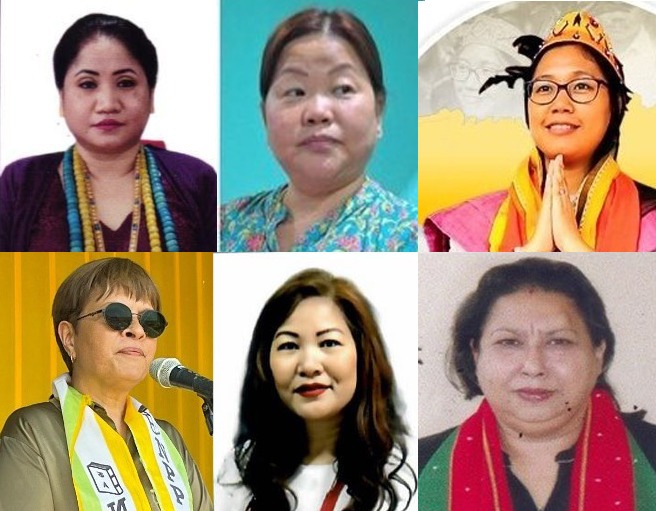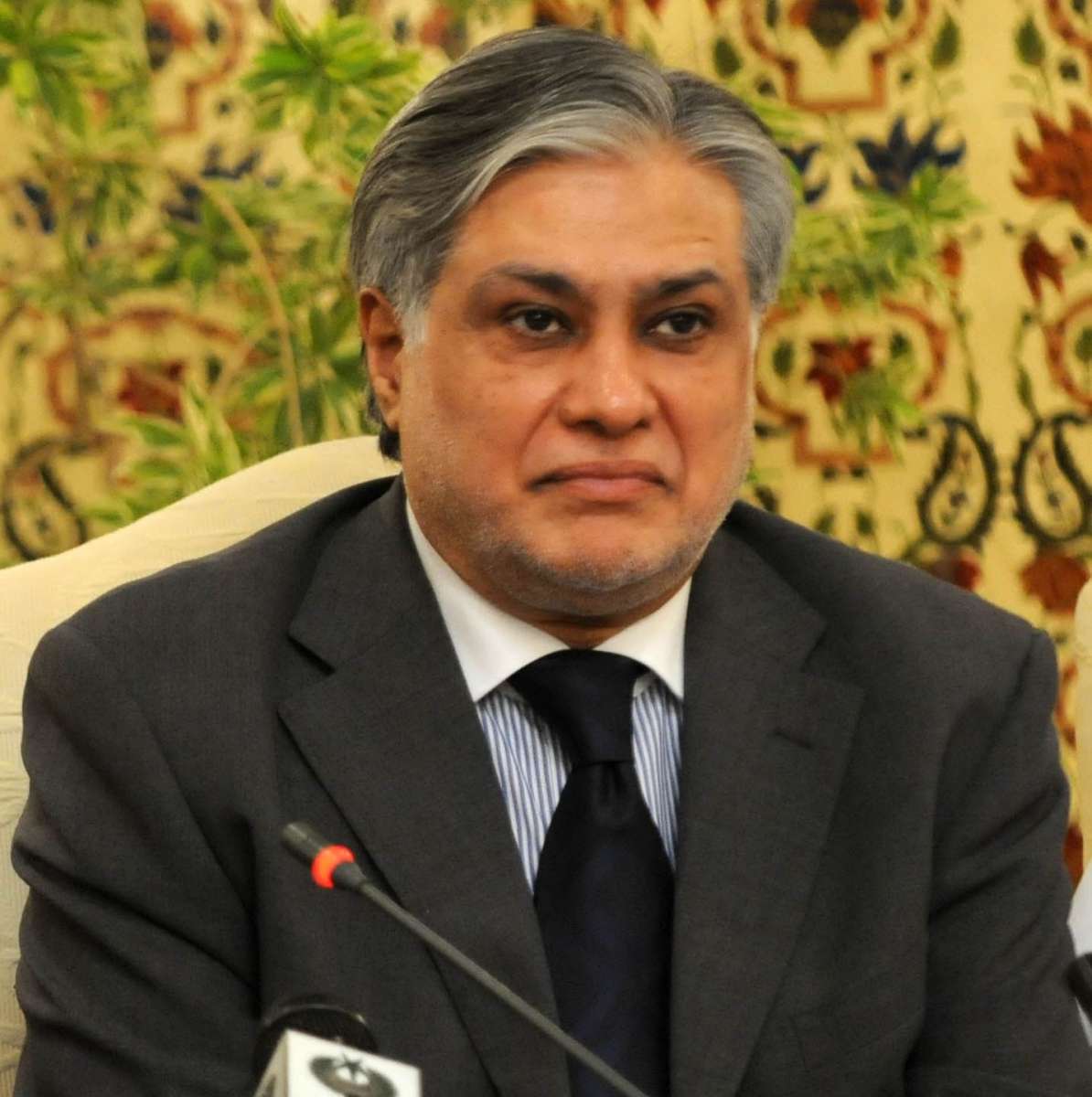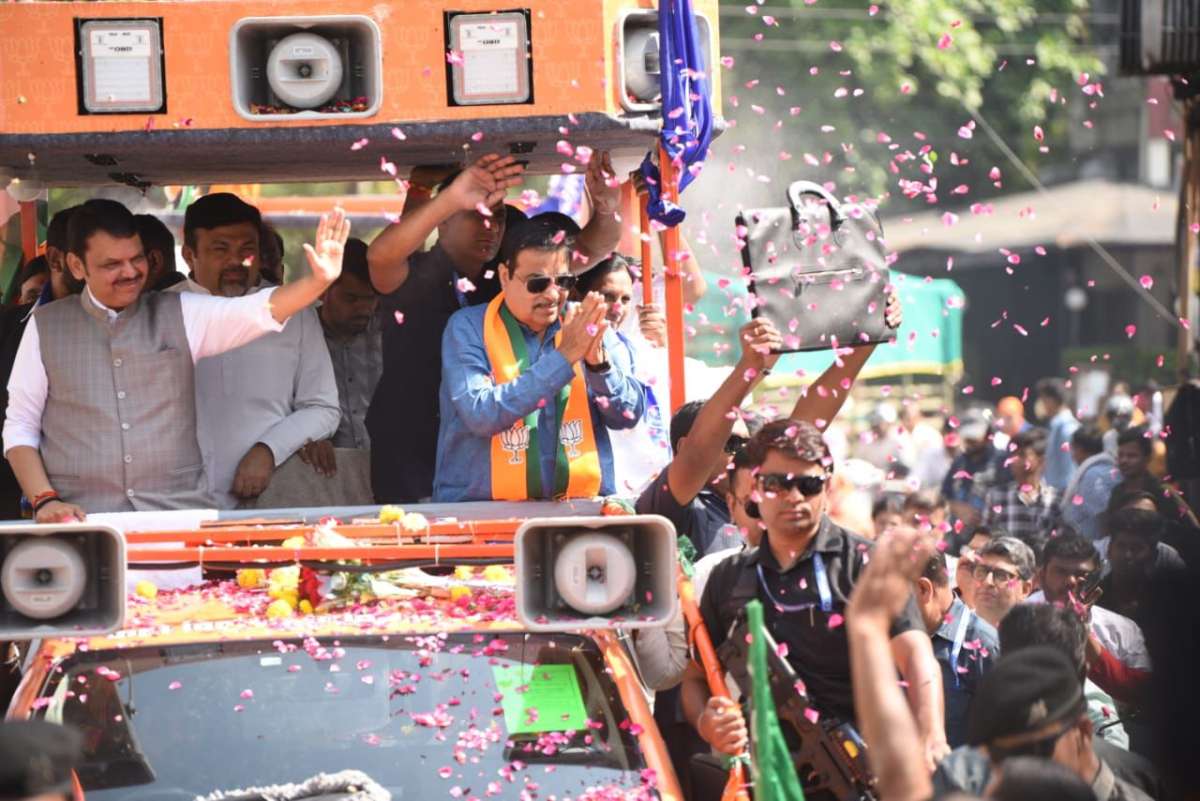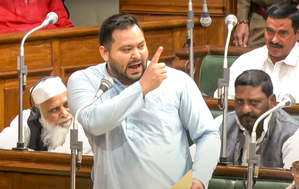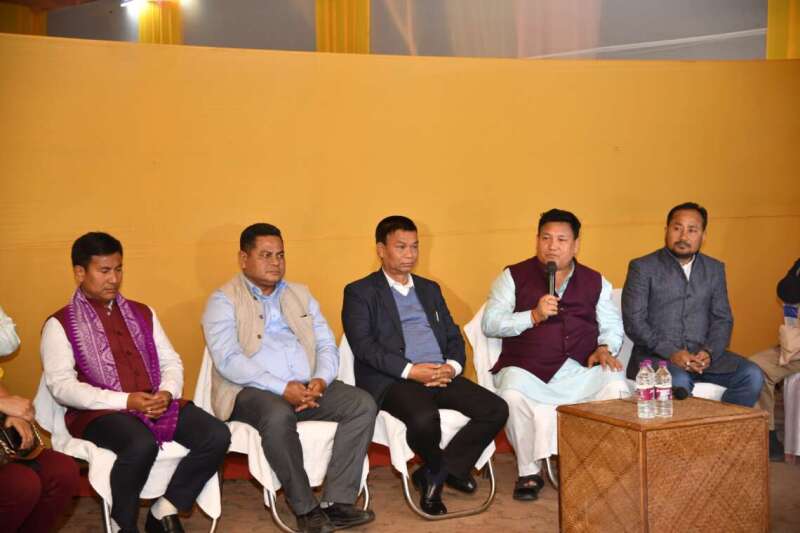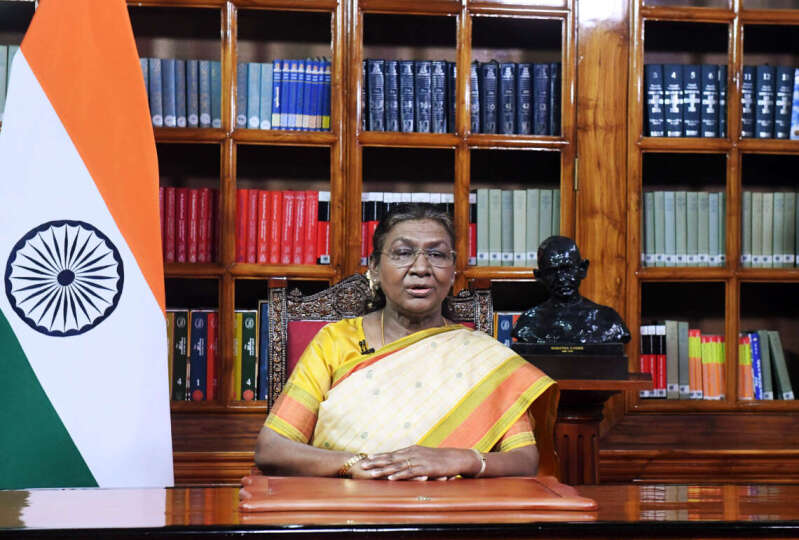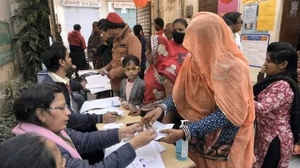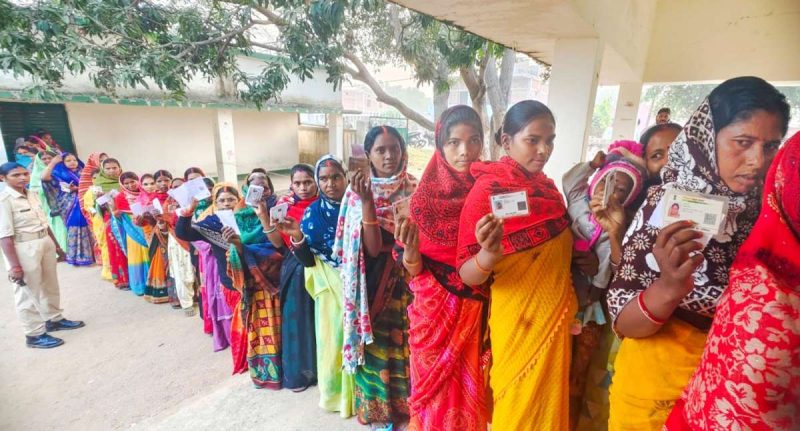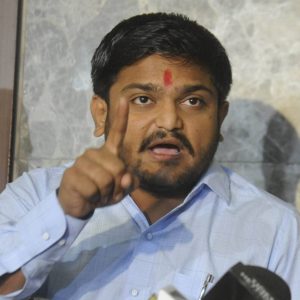Only six women (9.83 per cent) out of 61 candidates are contesting on 10 seats in six states, a report by Sujit Chakraborty
Like previous Parliamentary elections, there are very few women candidates contesting in the 18th Lok Sabha elections in the six northeastern states, where filing of nominations were completed.
According to the Election Commission data, only six women (9.83 per cent) out of 61 candidates are contesting on 10 seats in six states — Arunachal Pradesh (2), Manipur (2), Meghalaya (2), Tripura (2), Mizoram (1) and Nagaland (1).
This time two women each contesting in Meghalaya and Tripura while one each in Arunachal Pradesh and Mizoram.
Like 2019, there is no woman candidate in Manipur and Nagaland.
In a historic development in April 2022, 45-year-old S. Phangnon Konyak belonging to the BJP became the first woman Rajya Sabha member from Nagaland.
Matrilineal society exists in Meghalaya, where the youngest daughter of the family inherits all ancestral property. After marriage, husbands go to live in their wives’ homes. If the situation arises, the wife may live independently or with her mother.
Children take their mother’s clan surname.
In the 17th Lok Sabha polls in 2019, out of the total of 67 candidates in six of the eight northeastern states, six candidates fought the elections with only one in Tripura — Pratima Bhowmik (BJP) — won her Tripura West Lok Sabha seat.
Once again this poor representation of women in the Parliamentary elections frustrated the women leaders and activists despite 27 years after the Women’s Reservation Bill was passed in Parliament in September last year to amend the Constitution and provide one-third reservation to women in the Lok Sabha and state Assemblies.
Women are always in the leading position in the northeastern states in various sectors, including societal issues, anti-drug movements and farming.
Like previous Lok Sabha and Assembly elections, women voters have once again outnumbered men voters in the electoral rolls in four northeastern states – Meghalaya, Mizoram, Manipur and Arunachal Pradesh.
Meghalaya Chief Minister Conrad K. Sangma, who is also the National President of the National People’s Party (NPP), has been on a hectic campaign trail across the state to stimulate support for sitting Tura MP and his sister, Agatha Sangma, and his cabinet colleague Ampareen Lyngdoh for the Shillong Lok Sabha seat.
Lok Sabha member from the prestigious Shillong seat, Vincent H. Pala of the Congress has been campaigning hard to retain his Lok Sabha seat for the fourth consecutive term.
Though the BJP is supporting Congress-turned-NPP leader Lyngdoh, the Shillong seat has been with the Congress for 30 years.
Lone candidate in the Parliamentary polls Toko Sheetal, representing the Gana Suraksha Party, is contesting from Arunachal West seat.
The BJP, which has fielded candidates in all the 60 Assembly constituencies, has just given four seats to women leaders, while the Congress, which has fielded 19 candidates, have given three seats to women.
The NPP, which has the second highest number of candidates with 20, has scored a zero, and so has the People’s Party of Arunachal, the Arunachal Democratic Party, and the Lok Janshakti Party – the other political parties in the election.
Of the total 60 Assembly seats in the state, BJP candidates in 10 seats, including Chief Minister Pema Khandu (Mukto seat) and Deputy Chief Minister Chowna Mein (Chowkham seat), won unopposed.
Of the ten BJP candidates elected uncontested, lone woman nominee Dasanglu Pul was elected unopposed from the Hayuliang Assembly constituency.
Dasanglu Pul’s nomination went uncontested following the withdrawal of her sole opponent, Bafutso Krong of the Congress. She is the wife of former Arunachal Pradesh Chief Minister Kalikho Pul.
In Tripura, the ruling BJP this time dropped sitting MP and Union Minister Pratima Bhowmik and nominated former Chief Minister and party’s sitting Rajya Sabha member Biplab Kumar Deb in the Tripura West Lok Sabha seat.
However, the party fielded Tripura’s royal scion Kriti Devi Debbarman, elder sister of Tipra Motha Party Chief Pradyot Bikram Manikya Debbarma, in the Tripura East parliamentary constituency replacing sitting Lok Sabha member Rebati Tripura.
In Mizoram, Mizoram People’s Conference has nominated Rita Malsawmi, a Mizo singer and lyricist, in the lone Mizoram Lok Sabha seat.
Writer and social activist Nandita Datta said that with the reservation of seats for women in the rural and urban civic bodies, women are now either playing a leading or active role in all important aspects of society.
She said that despite their lesser academic background there are many women, due to their political consciousness, who have been playing decisive and active roles in many non-political aspects too, including prevention of drug menace.
“Male leaders should genuinely and considering the future of the society, must change their mindset towards women’s role then only women would be more successful. Men can help and guide the women in governance, but they should not dominate women in governance,” Datta told IANS.
She said that there are many instances in Tripura where women belonging to the tribals, Scheduled Tribes and Other Backward Communities became successful leaders with their devotion to work, seriousness and honesty.
Polling would be held in the first phase of elections on Friday in 15 (including partly in outer Manipur) of the 25 seats in eight northeastern states.
ALSO READ: Indian Mother Fights for Children’s Custody in Pakistan


